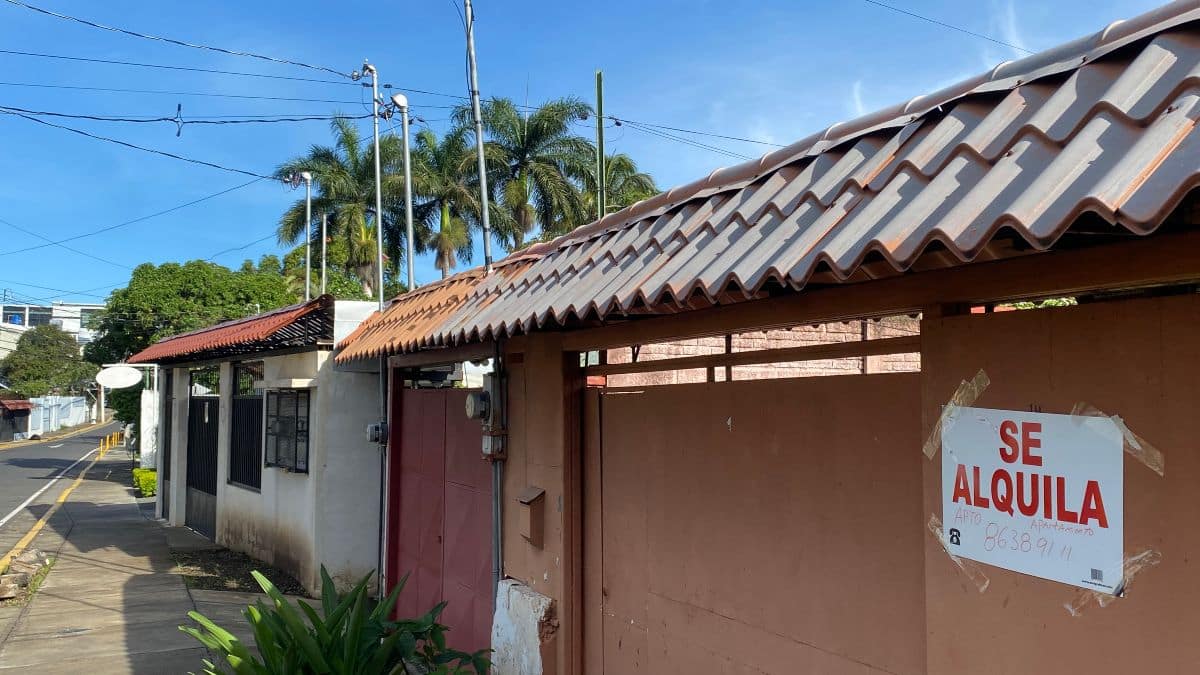If you’re buying a property in Central America to grow your nest egg through rental income, you’ll want some pointers on how to handle this well. Luigi Wewege from Belize’s Caye International Bank talks you through some simple pointers on making your offshore investment work better for you.
You may have decided to invest in offshore properties as part of your long-range financial goals. The plan may be to buy a house and rent it out for now, with the aim of making it your new home after retirement. In the meantime, renting the property will help pay the bills and allow you to build equity. Or you could be buying something in a popular tourist spot to turn into a vacation rental asset.
To simplify your property’s management, it’s a good idea to address several basics. Doing so will mean that offshore property doesn’t go neglected even if you’re rarely in the country. Here are a few tips that will help.
We always recommend caution when buying real estate in Central America. Rent first, and learn about the market before diving in. But what if you’re ready? Here are six financing tips for buying property abroad by @luigiwewege from @CayeIntBank.https://t.co/cnP45Ptfxv
— Central America Living (@VidaAmerica) April 6, 2022
1. Hire a reputable, local, property manager
Since you’re not living there, having a professional who can look after your investment makes sense. Look around and find a property manager with boots on the ground, close enough to physically visit the property. The goal is to have someone there to ensure the investment receives the attention needed to keep it in top shape.
Property managers can do quite a bit on your behalf. Along with screening people who want to use the property for short or extended stays, they can be the point person for any repairs or upkeep needed. The manager also serves as a local point of contact for your clients.
At the same time, the property manager ensures you know what’s happening with the property. See this as one of the best ways always to have eyes and ears close enough to take action on your behalf.
Speak to local real estate agents to find someone – many of them will offer property management services themselves.
2. Be aware of laws and regulations related to renting and leasing your property
The regulations and laws for renting out residential or commercial property may differ from your home country. In fact, some regulations may vary from city to city within that nation. Instead of making assumptions, it’s in your best interests to become acquainted with those laws and regulations. Specifically, you want to know your obligations as an offshore property owner.
Your goal is to ensure that any actions you take with the offshore property are in full compliance with local laws. From safety measures and landscaping regulations to ensuring utilities remain connected, even when no one is living there, know what’s required.
Knowledge will help you avoid fines and other complications. It will also go a long way toward keeping the property in good shape.
3. Determine the qualifications that renters must meet
Since the plan is to rent the property until you need it, decide what qualifications prospective clients must meet early on. To some extent, local laws and regulations will come into play. There will also be plenty of room for you to add your qualifications.
For example, it’s possible in many offshore locations to specify that no one may smoke inside the home. There may also be pet guidelines, specifications about who is to maintain the landscape, and more. You may also require anyone renting the property for an extended time to provide a deposit in advance, with the remainder due at the end of the stay. Whatever requirements you have, you can utilize a range of professionally-designed legal documents to make everything clear for your renters.
Talk with the local property manager if you’re unsure what to include. A professional who manages similar properties for other clients can provide suggestions for you.
A look at some of the most luxurious vacation rentals in Costa Rica.https://t.co/jMOkWdGeV8
— Central America Living (@VidaAmerica) April 26, 2022
4. Set up accounts to handle utilities and other payments
While you could manage the bills associated with the property using bank accounts in your home country, there’s a better solution. Open offshore bank accounts in the same country as your property. You’ll find this is helpful in more ways than one.
One of those ways has to do with ensuring there’s an offshore checking account to receive payments from clients. You can also use that account to make mortgage payments, pay the utilities, and manage tax payments on the property. If you like, have a time deposit or other savings account set up as well.
Establishing these offshore accounts allows you to keep everything to do with the offshore investment property separate from domestic obligations. And in the same way as your domestic accounts, you can see your balances at a glance. Thanks to this, you can stay on top of how well your investment is paying off.
5. Keep your property insurance up to date
It’s tempting to buy property insurance and never look at it again. That’s not what you want to do. Instead, make sure to take a fresh look at the insurance provisions when the time for coverage renewal is near.
Determine if anything has changed since the current term began. Maybe you made improvements to the property, and the market value is up. Does the policy still provide enough coverage? If so, then renew for another term. Should the coverage be inadequate now, there’s time to talk with an agent and increase the benefits before the next term commences. Doing so will mean you are always covered if damage should occur.
If you’re looking for an offshore banking jurisdiction, Central America has two great options in Belize and Panama. In this article, @craig1812000 from @BizLatinHub breaks it down.https://t.co/bVkO99QdvZ
— Central America Living (@VidaAmerica) July 12, 2022
6. Understand your tax obligations
In the same way as the laws and regulations related to offshore investors owning property may vary from one jurisdiction to the next, the same is true with taxes. You want to remain aware of what, if any, taxes you owe on the property and how to calculate them. This helps eliminate the accrual of late fees and other penalties that could consume much of the property’s income.
Your property manager can provide some support with understanding how the tax laws apply. You can also use advice from a financial manager with the offshore bank where you established accounts. Between the two, it will be easier to project what taxes you need to pay and when they are due.
7. Put social media to good use
Since the plan is to rent out the property until the day you want to live there, there must be a way to find tenants. That may be people who want a place to stay while they vacation for a couple of weeks, or it could be someone who wants a long-term lease. While your property manager can handle the screening and ensure local people know when the property is available, setting up social media accounts will help.
Social media can be particularly effective when you prefer to rent out the property for short stays. It’s easy enough to create social media accounts to include property descriptions, images, information about the surrounding area, and contact information for you and the property manager.
Use multiple accounts to increase your reach – Facebook and Instagram are the best for creating pages for your property. Set up a Linktree account to bundle all the accounts, sites, and contact details related to your property together.
The Main Seven Reasons You Should Consider Moving to Belize: https://t.co/8lC8yoQYRr #wealth #luigiwewege #financial #belize #centralamerica #bank #investment #digital #caye #international #global #fintech #business #news #offshore #media #president #ambergris @VidaAmerica pic.twitter.com/nndN0mtbFv
— Luigi Wewege (@luigiwewege) March 31, 2022
An extra tip: Consider Belize for your offshore property location
Belize is a very popular location for investing in offshore property and expat retirement. Whether you want some luxury island property on the water’s edge, a rainforest retreat, or a bungalow in a beach community, Belize has plenty to offer.
Caye International Bank on Ambergris Caye, Belize offers many different account types for offshore investors. They will happy to help you understand the investment property mortgage options available in Belize.
If you’re buying in Belize, they’re equipped to help you understand how your new offshore investment property can become one of your key international assets.
Luigi Wewege is the President of Caye International Bank, headquartered on the island of Ambergris Caye, Belize. He is also the published author of The Digital Banking Revolution, now in its third edition.




